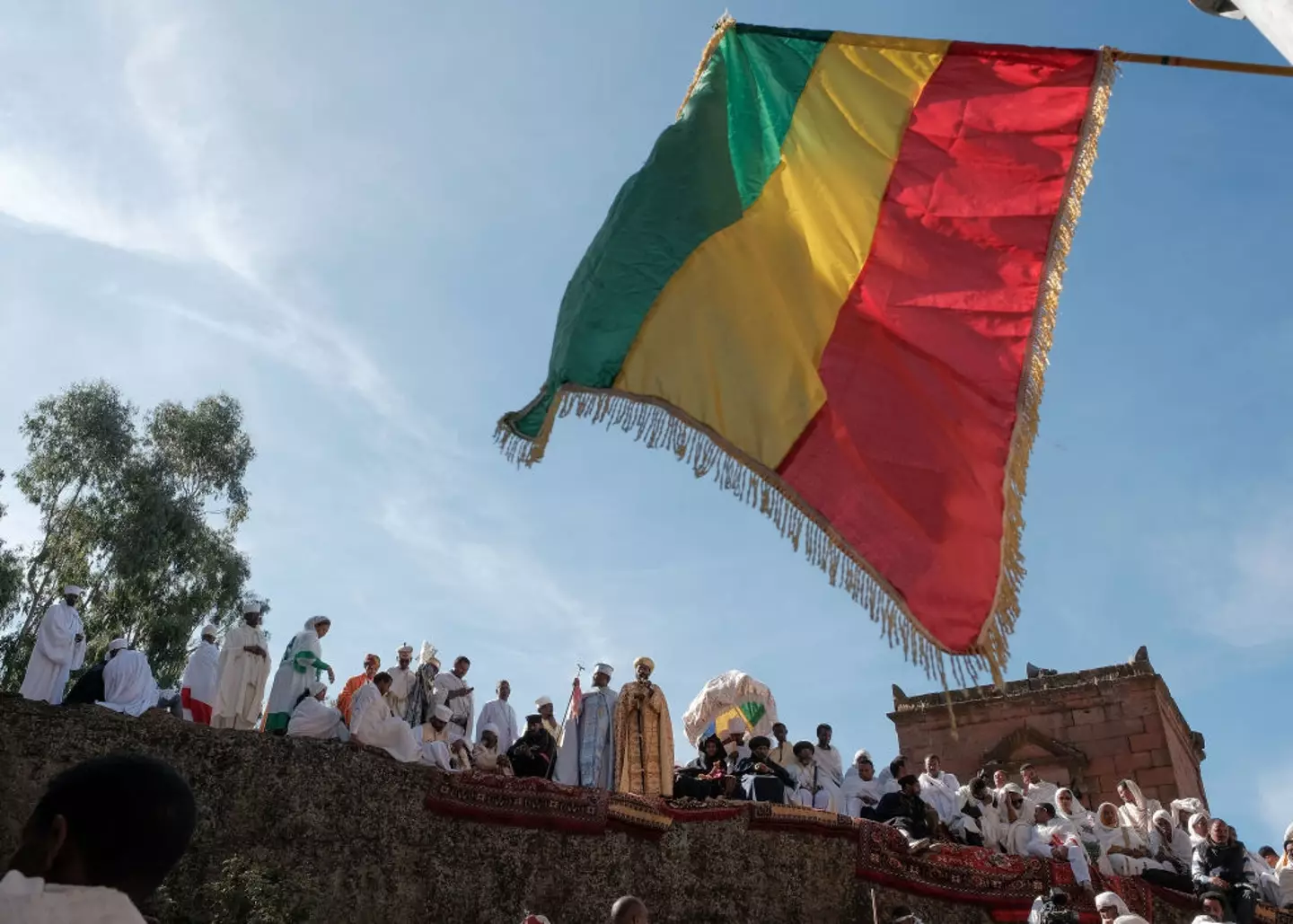Have you ever wondered about time and how it’s perceived differently across the globe? While most of the world follows the Gregorian calendar, some countries dance to the beat of a different drum. Especially fascinating is Ethiopia, a country that isn’t just a few hours but years ‘behind’ — according to our commonly used calendar, that is.
Currently, while most of the world says it’s 2024, Ethiopia is celebrating the year 2016. The country operates under the Ethiopian calendar, also known as the Ge’ez calendar, which is intriguingly unique and rich with history. This calendar is one of about 40 different time-keeping systems used worldwide, though the Gregorian calendar remains the most prevalent.
The Ethiopian calendar closely resembles the Julian calendar and relies on similar astronomical calculations. However, it contains notable differences, such as having 12 months of 30 days each, and then an additional 13th month. This extra month, called Pagume, originates from the Greek word ‘epagomene’, meaning ‘days forgotten when a year is calculated’. Typically, Pagume has just five days, or six in a leap year, added at the year’s end to align with the solar cycle.
This calendar system places Ethiopia approximately seven years and eight months ‘behind’ the Gregorian calendar. This calculation stems from the Ethiopian Orthodox Church’s dating of Jesus Christ’s birth to 7 BC, believed to be 5,500 years after God’s promise to Adam and Eve. Consequently, while the rest of the world marked 2024, Ethiopians celebrated the onset of 2016 just last September.
James McCann, an emeritus professor of history at Boston University, shared his thoughts with the Miami Herald, emphasizing a different perspective on this time difference: “I wouldn’t say they’re behind us. That kind of conveys that there’s something wrong with it. It’s just different.”

Moreover, the Ethiopian approach to daily timekeeping also sets it apart. Instead of a 24-hour cycle, the day is divided into two 12-hour segments beginning at dawn and then again at dusk. Despite the longstanding tradition of the Ge’ez calendar, which has been in use since around 4 A.D, modern Ethiopian institutions like universities and government offices sometimes opt for the Gregorian calendar and the conventional 24-hour clock for official matters.

Verena Krebs, a historian specializing in Ethiopia, notes that the two dating systems often coexist in the country, depending on the context. “In Ethiopia, the two dating systems often coexist, and their use is relational,” Krebs explained. She advises travelers to Ethiopia to ‘use your common sense’ when navigating these temporal differences.

Exploring Ethiopia’s unique approach to time and calendar systems is not just about understanding dates and schedules, but also about appreciating a different perspective on time itself. So if you’re planning a trip there, make sure to double-check your appointments. You wouldn’t want to show up eight hours early — or late!

